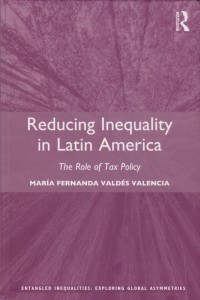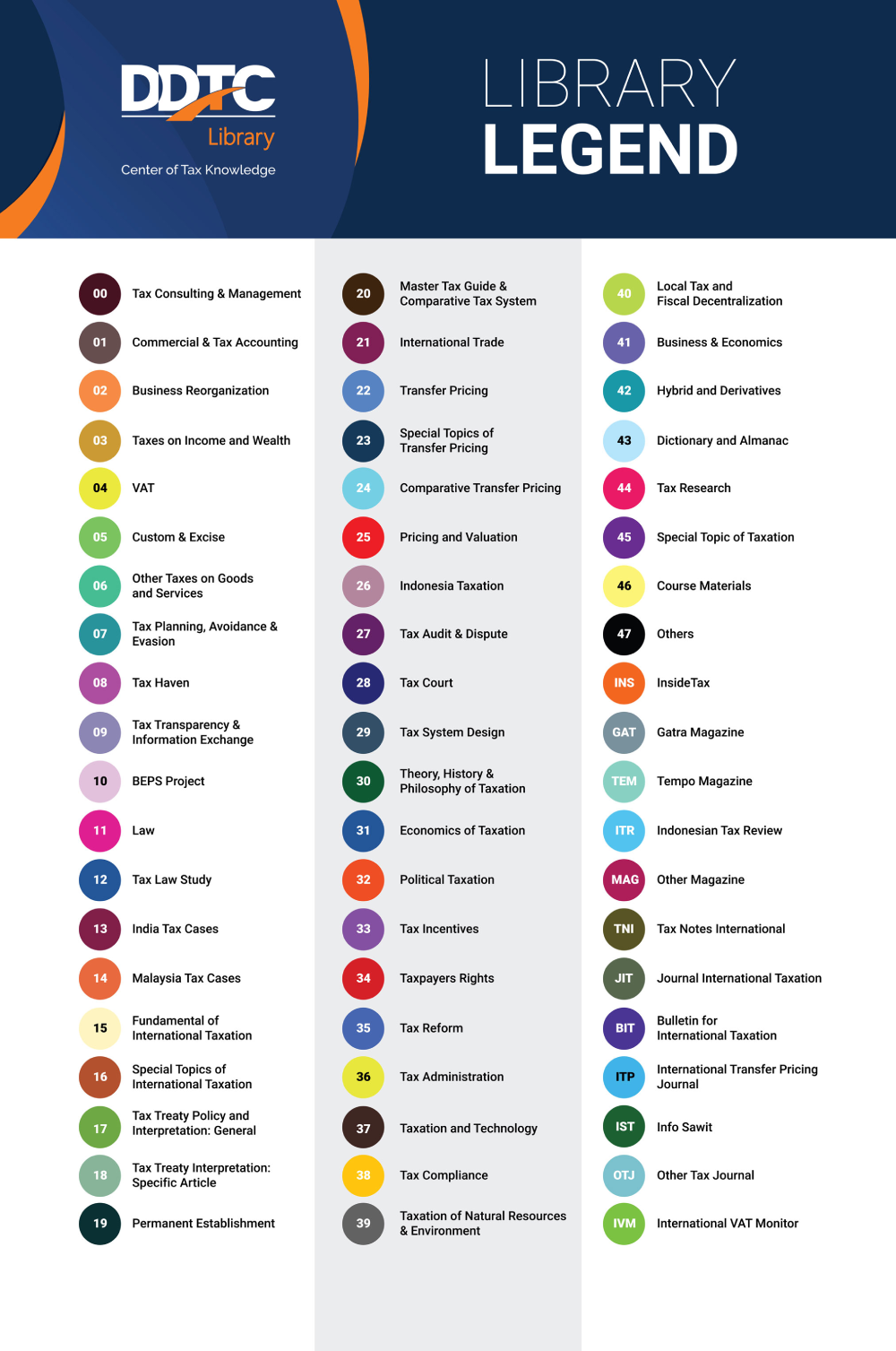
Book
Reducing Inequality in Latin America The Role of Tax Policy (Entangled Inequalities Exploring Global Asymmetries)
This book examines the role of tax policy in the incidence of socio-economic inequality. With a focus on Latin American, the author demonstrates that while inequality has decreased remarkably in the last decade – during the very period in which inequality was increasing almost everywhere else in the world – this reduction cannot be attributed to a better use of tax policy. Offering both quantitative and qualitative reviews of tax policies pursued by Argentina, Chile, Colombia, Mexico and Peru over the last two decades, Reducing Inequality in Latin America contends that these countries continue to make insufficient use taxation measures in combating startlingly high levels of inequality. Drawing on legal texts, interviews with researchers and experts in the field, and official monetary statistics to obtain a complete picture of how discretionary tax policy has been pursued in the region, this volume engages with a range of recent economic theories to argue for the importance of using the tax system to reduce inequalities, whilst also offering new methods for measuring tax policy in subsequent research. As such, it will appeal both to scholars of social science and policy makers with interests in economics, social inequality, public policy and international political economy.
Detail Information
| Call Number |
29 RED mar
|
|---|---|
| Publisher | Routledge : New York., 2016 |
| Collation |
vii, 157 p, 24 cm
|
| Language |
English
|
| Classification |
29 RED mar
|
| ISBN/ISSN |
978-1472480514
|
| Edition |
1st Edition
|
| Subject(s) |






